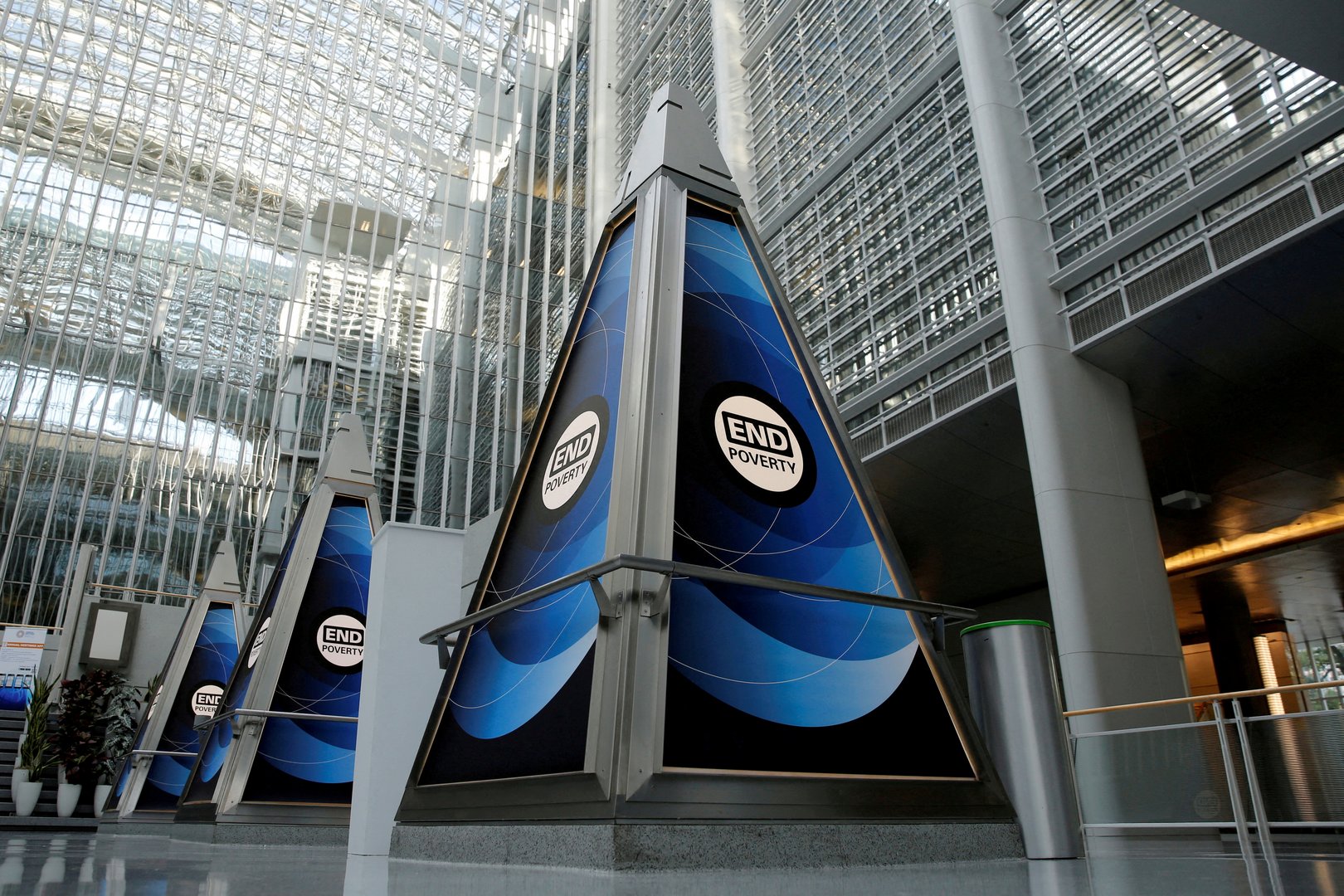By George M. Georgiou
In 2021 the World Bank became embroiled in a scandal involving its flagship publication Doing Business. An independent investigation by the law firm WilmerHale, published in September 2021, found that staff working on the 2018 edition of the report had been pressured by the then president of the World Bank to change the methodology in order to boost China’s ranking. WilmerHale also found that pressure had been exerted to improve the rankings of other countries, including Saudi Arabia, in the 2020 edition of the report but there was no proof that the pressure came from the Bank’s president. The result of the scandal was that Doing Business was discontinued.
On 12 April, The Guardian published details of leaked recordings indicating that the son of David Malpass, the outgoing president of the Bank, was given preferential treatment. A senior manager within the Bank was recorded in 2018 encouraging staff to be deferential towards Malpass’ 22-year old son, Robert, who joined the Bank’s IFC division as a research analyst in July 2018. Robert stepped down in March 2019 after his father was appointed in February 2019.
In the excerpts of the recordings published by The Guardian, a senior manager is heard saying “we have a prince that is coming, that is joining us, on 16 July”. The manager then says that Robert needs to be treated like a “very important little fellow” who might go “running to daddy” if things went wrong. The manager is recorded making a direct link between Robert and the US Treasury’s agreement to inject capital into the Bank. Specifically, he tells his colleagues that Robert “is the son of the undersecretary of the US Treasury, which was beneficial for us getting the capital increase”. David Malpass had previously served as undersecretary of the Treasury for international affairs under Donald Trump. It was while he was at the Treasury that a $13 billion injection of capital into the World Bank had been supported by the US, the Bank’s biggest shareholder. It was Trump who nominated Malpass as president of the Bank in February 2019.
As The Guardian reports, this wasn’t the first time that nepotism played a part in the governance of the institution. In the recordings, a staff member is heard saying “remember we had a prince before…this is a subject for happy hour”.
Malpass caused controversy in September 2022 when he refused to publicly accept that the use of fossil fuels was contributing to climate change. While attending an event at the UN, he was repeatedly asked about the scientific consensus on climate change but avoided saying whether he agreed. He eventually responded by saying “I’m not a scientist”. Following the controversy, he announced in February of this year that he would be stepping down in June, almost a year before his contract expires.
As I wrote in my blog dated 18 October 2021, the Doing Business data manipulation wasn’t the first time that the World Bank had been embroiled in scandal. Previous controversies relate to the Bank’s poor record on the environment, a lack of transparency in its operations, the inconsistent conditionality it attaches to its loans, and the dominance and undue influence that its largest shareholder, the US, exerts. (See, for example, Bruce Rich’s article “The World Bank’s legacy of environmental destruction” published in April 2019 and the Bretton Woods Project’s article “What are the main criticisms of the World Bank and the IMF” published in June 2019.) The latest Guardian revelations just add to an accumulation of evidence that the World Bank is poorly governed, highly politicised, and not fit for purpose. The Bank’s clients deserve better.
George Georgiou served in various roles at the Central Bank of Cyprus, including Head of Governor’s Office and Head of Communications and Publications. The article is published on the Blog of the Cyprus Economic Society https://cypruseconomicsociety.org/blog/blog-posts/







Click here to change your cookie preferences